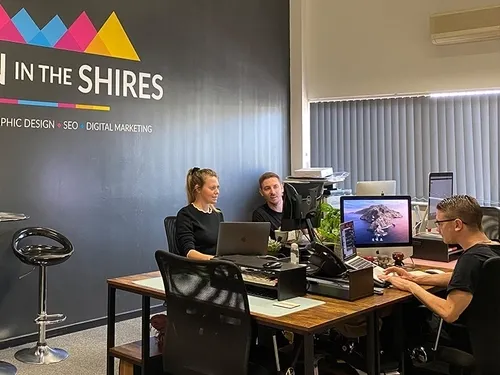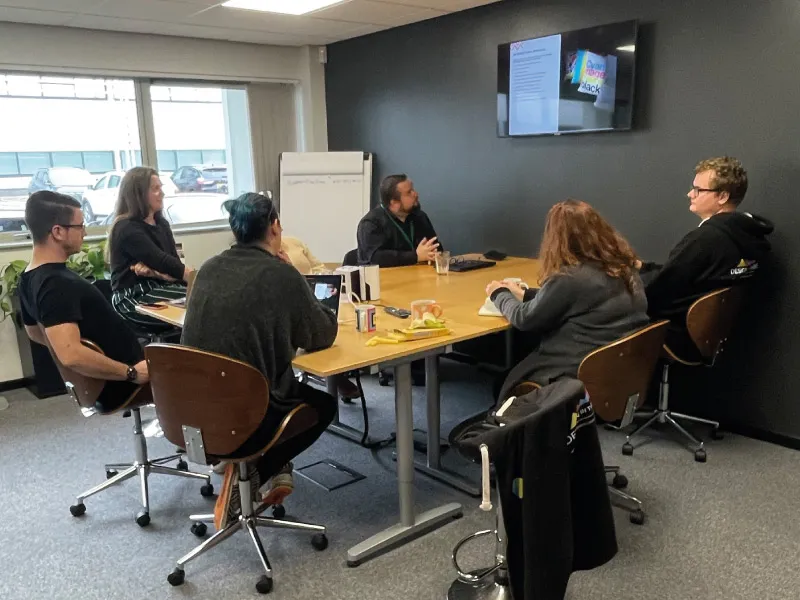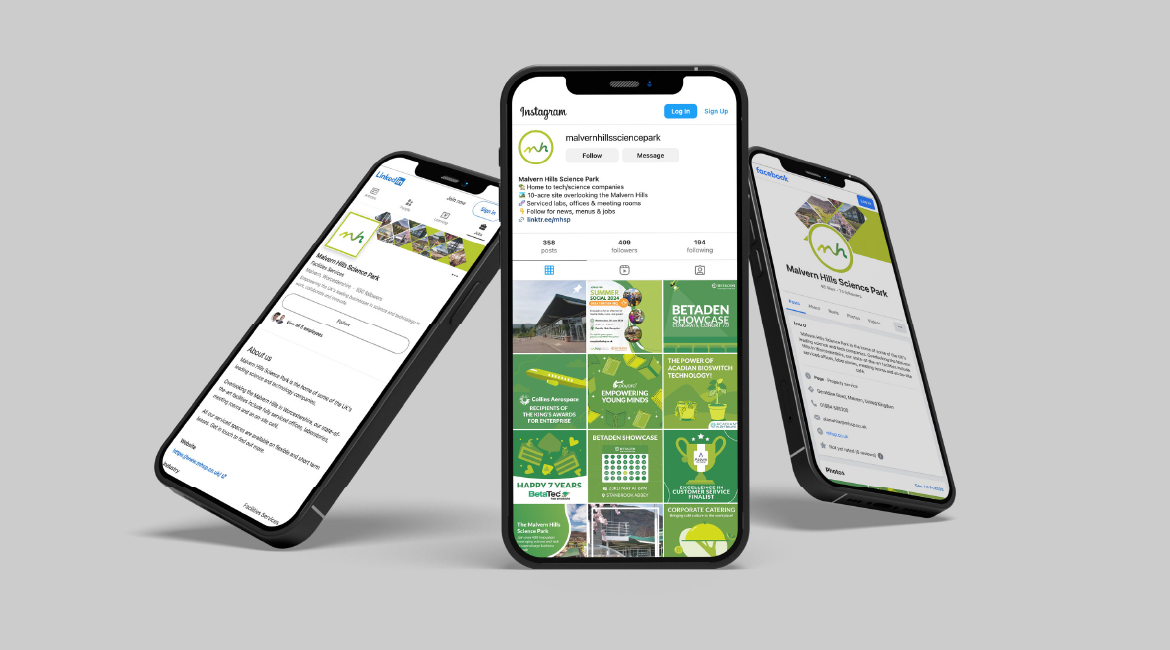6 local marketing strategies for small businesses in 2020

6 local marketing strategies for small businesses in 2020
August 20, 2020
5 Mins
Discover the best local marketing strategies designed to help raise brand awareness in your community and generate new business.
In the post-COVID-19 world, times are getting harder for small businesses. Without a big budget to compete with larger corporations, local marketing is taking on a new-found importance in the marketing mix.
Not only can it help you generate new leads, but it also puts you on the right track towards future-proofing your business.
In this post, we share some of the best local marketing strategies designed to keep your small business firmly on the map in 2020 and beyond.
What is local marketing?
Location-based marketing – also known as local marketing and neighbourhood marketing – is the process of optimising your online reach to customers within a certain radius of your business.
This type of marketing strategy is specifically aimed at potential customers within the community and is a great way of boosting footfall and online traffic.
While local marketing isn’t a new concept, it’s becoming a crucial part of the “new normal”as the UK continues to shop online and bigger companies tighten their stranglehold on nationwide searches.
The bottom line is that your business needs to modify its marketing strategy to cater to a local audience. Whether a customer is new to the area or is simply looking to find your services for the first time, there’s a pretty good chance they’ll start their search online.
In fact, 97% of people learn more about a business online than any other medium. While 88% of mobile online searches for local businesses result in either a call or an in-store visit within one day.
And the good news is that Google’s algorithm uses a searcher’s location to serve up relevant local businesses. This gives smaller businesses the chance to oust non-local competitors or bigger companies dominating an industry online.
Best local marketing strategies for small businesses
Create a mobile-friendly website design
First things first, you need a website thats responsive.
According to HubSpot, over half of worldwide internet traffic happens on mobile devices, while 61% of people said they’re more likely to contact a business if they have a mobile-friendly website. It’s an essential part of today’s fast-moving digital society.
Mobile-friendly sites will load seamlessly when accessed on a phone and behave as if it’s been designed specifically for the device. Imagery will be adapted to suit the viewing screen and the content will be adjusted to increase visibility for people viewing it on the go. This includes bigger text, simplified menus and smaller buttons.
A mobile-friendly website is an integral part of the user experience (UX). It sets the scene, sells your business and makes a positive first impression.
Optimise your content with the right keywords
The next local marketing strategy you should be thinking about is to optimise your site with hyper-local keywords. The direction you take depends on what type of small business you own.
For instance, if you own a small business in one specific location, you can simply add the location to your keywords – e.g. ‘website design services’ becomes ‘website design services in Worcestershire’.
However, if your business employs remote workers or you have multiple sites across the UK, you can’t always make the content specific to one location. In which case, your best bet is to make a series of location-specific landing pages containing expansive regional keywords.
Additionally, you can try to cover more word clusters with your content. Google’s algorithm uses keyword clusters to service up the best content for customers. So, if a customer searches for a “copywriter”, the platform will show you results for“content writer” as well.
Highlight your local values
One of the biggest advantages small businesses have over the larger ones is the ability to personalise the customer experience.
Sure, we may all love Apple products. But it’s not like we get a personal message from the head ponchos at the company every time we buy a product.
Many consumers invest in smaller businesses because of their level of personalisation, dependability and quality. Your small business needs to showcase these values and competencies in your local marketing strategy. This includes everything from the content on your website to the branding of your company. Does it come across as friendly, relatable and conversational?
Local customers seek local businesses to avoid long call queues, automated responses and bull-shit jargon. So, cut the fluff and take a more personable approach with your tone of voice and style across all marketing channels.
Sign-up to local online directories
To strengthen your association within a geographic address, you should register your business details on numerous third-party websites, online directories and review sites.
These sites will give you all-important inbound links which helps improve SEO and increase the likelihood of your business being found in your local community.
If associated queries using those terms already have dozens of answers, think of search queries containing the words “costs”, “doing”, “getting”, “forming”, “making”,“cause” and “does”.
The most important listing you’ll need to claim is Google My Business. However, Yelp and Yellow Pages are worth investigating too.
Localise your social media posts
The next local marketing strategy your small business should consider is localising your social media posts. As you probably already know, social media is one of the easiest ways to connect with people from across the world.
But having1,000+ followers from Japan or Timbuktu probably isn’t going to earn you any money. Ideally, you need to build up an online community of supporters and advocates who fly the flag for your brand.
The best way to do this is to set a location in your profile, tag each post and include local hashtags.
If you want to speed up the process of building a local following, run a community competition on social media, encouraging people to follow your brand in exchange for in-store/on-site freebies or vouchers.
Be active in your community
While optimising your website and social media presence are key parts of any local marketing strategy, you shouldn’t forget about good old-fashioned community interaction.
People in smaller regions of the UK are proud of where they live and will embrace the businesses who attach themselves to it.
So, get out there and spread the word about your business. Sign-up to community events, sponsor a nearby sports team/event and even help raise money for local charities.
The more active you are, the more eyes there will be on your business – both online and offline.
Future-proof your business today
If you’re keen to boost the presence of your small business in the local area, Design in the Shires is here to help.
Our team can help you develop a local marketing strategy which opens you up to a whole new world of online business and puts you on the road to recovery during these uncertain times.
To find out more, Get in touch with Design in the Shires today.
























